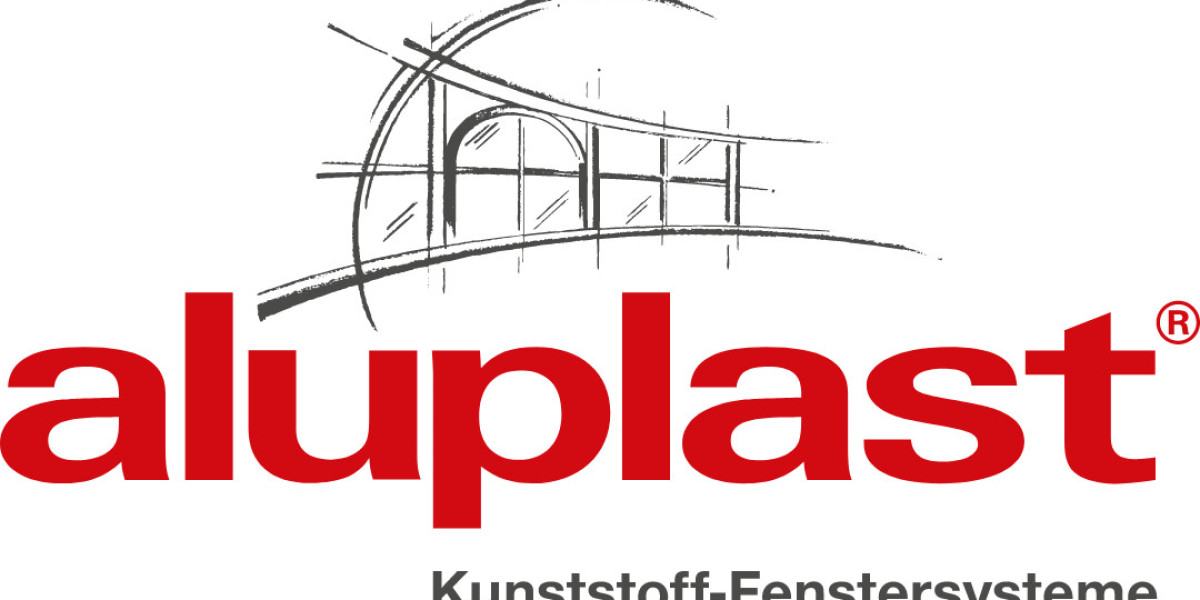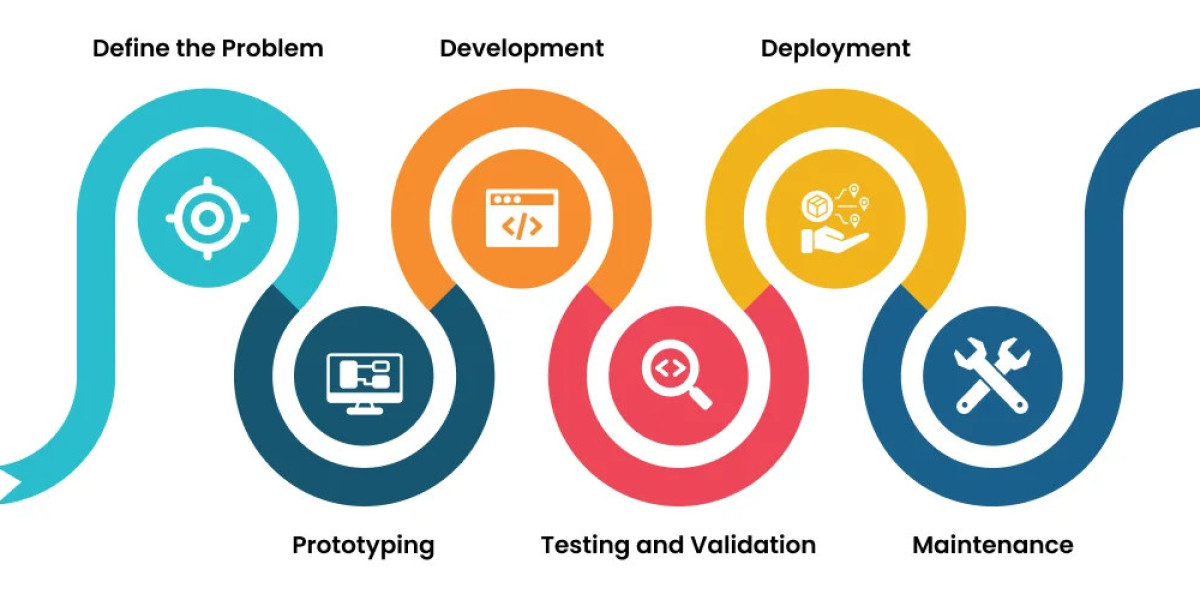When it comes to choosing sliding doors for your home, the decision often boils down to two options: traditional sliding doors or the more advanced smart-slide doors. Both options have their unique benefits, but they also come with differences that can impact your home's functionality, aesthetics, and overall value. In this blog, we'll explore the key differences between smart-slide doors and traditional sliding doors, helping you determine which option is the best fit for your needs. We'll also touch on how the smart-slide door price compares to traditional alternatives, so you can make an informed decision.
1. Ease of Operation
One of the most noticeable differences between smart-slide doors and traditional sliding doors is the ease of operation. Traditional sliding doors often operate on a simple track system, which can become sticky or hard to move over time due to dirt, debris, or wear and tear. This can make opening and closing the door a cumbersome task, especially for children or elderly family members.
On the other hand, smart-slide doors are designed with advanced mechanisms that ensure smooth and effortless operation. Thanks to innovations in technology and design, smart-slide doors glide open and close with minimal effort. This enhanced ease of use makes smart-slide doors particularly appealing for homeowners looking for a seamless and hassle-free experience.
2. Security Features
Security is a top priority for any homeowner, and sliding doors are often seen as potential weak points in a home's defense. Traditional sliding doors typically rely on simple locking mechanisms, which, while functional, may not offer the highest level of security. Over time, these locks can wear down, making the door more susceptible to forced entry.
Smart-slide doors, however, are equipped with advanced locking systems that provide superior security. Many smart-slide doors feature multi-point locking systems, which secure the door at multiple points along the frame, making it significantly harder for intruders to break in. Additionally, the robust construction and materials used in smart-slide doors contribute to their overall security, giving you peace of mind that your home is well-protected.
3. Energy Efficiency
Energy efficiency is an important consideration for any home improvement project, as it can significantly impact your utility bills and your home's comfort. Traditional sliding doors, especially older models, may not be as effective at insulating your home. Poor seals and single-pane glass can lead to drafts and heat loss, making it more difficult to maintain a comfortable indoor temperature.
Smart-slide doors, however, are designed with energy efficiency in mind. They typically feature advanced sealing systems and multi-pane glass, which provide excellent insulation. This helps to keep your home warm in the winter and cool in the summer, reducing the need for constant heating or air conditioning. Over time, the improved energy efficiency of smart-slide doors can lead to significant savings on your energy bills, offsetting the initial smart-slide door price.
4. Aesthetic Appeal and Design Flexibility
When it comes to aesthetics, both traditional sliding doors and smart-slide doors offer a wide range of design options. Traditional sliding doors are available in various materials, finishes, and configurations, allowing you to match them with your home's existing decor. However, they tend to have a more classic or conventional look, which may not appeal to homeowners seeking a modern, minimalist design.
Smart-slide doors, on the other hand, are often designed with contemporary aesthetics in mind. They typically feature sleek, slim profiles and large glass panels that maximize natural light and create a seamless connection between indoor and outdoor spaces. Additionally, smart-slide doors offer greater design flexibility, with options for customizing the size, color, and hardware to suit your specific preferences. This modern, streamlined look makes smart-slide doors an excellent choice for those looking to enhance their home's curb appeal and interior design.
5. Durability and Maintenance
Durability is another key factor to consider when choosing between traditional sliding doors and smart-slide doors. Traditional sliding doors, especially those made from materials like wood, can be prone to warping, rotting, or deterioration over time. This not only affects the door's appearance but also its functionality and security. Regular maintenance, such as painting or sealing, is often required to keep traditional sliding doors in good condition.
Smart-slide doors, by contrast, are engineered for longevity. They are typically made from high-quality materials like uPVC or aluminum, which are resistant to weathering, corrosion, and other forms of wear and tear. This durability means that smart-slide doors require less maintenance over their lifetime, saving you time and money. While the smart-slide door price may be higher initially, the long-term savings on maintenance and replacement costs make them a more cost-effective option in the long run.
6. Cost Considerations
Cost is always a crucial factor when making home improvement decisions. Traditional sliding doors are generally more affordable upfront, making them a popular choice for budget-conscious homeowners. However, it's important to consider the long-term costs associated with traditional sliding doors, including potential repairs, maintenance, and energy inefficiencies.
Smart-slide doors, while typically more expensive initially, offer greater value over time. The enhanced security, energy efficiency, and durability of smart-slide doors can lead to significant savings on energy bills, maintenance costs, and even potential home insurance premiums. Additionally, the aesthetic and functional benefits of smart-slide doors can increase your home's overall value, making them a worthwhile investment.
Conclusion
Choosing between smart-slide doors and traditional sliding doors ultimately depends on your specific needs, preferences, and budget. If you're looking for a modern, secure, and energy-efficient solution that requires minimal maintenance, smart-slide doors are an excellent choice. While the initial smart-slide door price may be higher, the long-term benefits in terms of durability, security, and energy savings make them a smart investment.
On the other hand, if you're working within a tighter budget and prefer a more conventional design, traditional sliding doors may be a better fit. However, it's important to weigh the potential long-term costs associated with maintenance and energy inefficiency.
At Aluplast, we offer a wide range of smart-slide doors designed to meet the needs of modern homeowners. With our commitment to quality, innovation, and customer satisfaction, we can help you find the perfect sliding door solution for your home.








